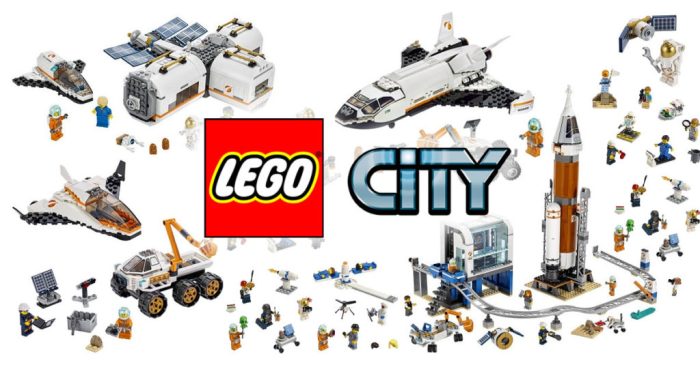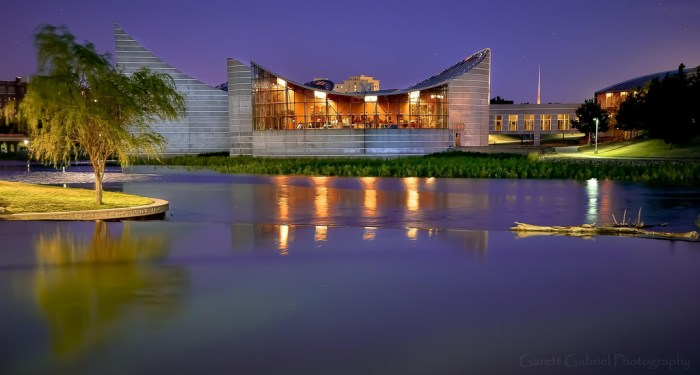Student exploration: summer and winter embarks on an intellectual journey, delving into the transformative power of exploration programs during these distinct seasons. From fostering personal growth to igniting academic excellence, this narrative unveils the myriad benefits and opportunities that await students who embrace the spirit of adventure and discovery.
As summer’s warmth beckons, exploration programs bloom, offering a vibrant tapestry of experiences tailored to diverse interests and age groups. Winter, too, presents a unique canvas for exploration, inviting students to embrace the magic of snow-laden landscapes and engage in activities that stimulate learning and spark creativity.
Summer Student Exploration Programs

Summer student exploration programs offer a unique opportunity for students to expand their knowledge, develop new skills, and foster personal growth. These programs provide immersive experiences that cater to diverse interests and age groups, ranging from hands-on science experiments to cultural immersion trips.
Benefits of Summer Exploration Programs
- Enhance academic skills and knowledge through hands-on learning experiences.
- Develop problem-solving, critical thinking, and creativity.
- Explore different career paths and discover new passions.
- Gain confidence and independence through challenges and new experiences.
- Build lasting friendships and connections with peers and mentors.
Examples of Summer Exploration Programs
Summer exploration programs vary widely in focus and duration. Some popular examples include:
- Science and technology camps for students interested in STEM fields.
- Arts and culture programs that provide exposure to different art forms and cultures.
- Leadership and community service programs that develop leadership skills and social responsibility.
- Adventure and outdoor education programs that focus on environmental awareness and physical challenges.
Winter Student Exploration Activities
Winter provides a unique setting for student exploration, offering opportunities for learning and discovery that are not available during other seasons. Winter activities can encourage students to develop resilience, problem-solving skills, and an appreciation for the natural world.
Benefits of Incorporating Outdoor Exploration into Winter Student Programs
- Promote physical activity and reduce sedentary time.
- Enhance cognitive function and creativity.
- Foster environmental awareness and stewardship.
- Develop problem-solving skills and resilience.
- Provide opportunities for socialization and team building.
List of Winter Activities for Student Exploration, Student exploration: summer and winter
Winter activities that encourage learning and discovery include:
- Snowshoeing and cross-country skiing: Exploring winter landscapes and developing physical fitness.
- Wildlife tracking: Observing animal tracks and learning about winter wildlife behavior.
- Winter stargazing: Discovering the night sky and learning about astronomy.
- Ice fishing: Learning about aquatic ecosystems and practicing patience.
- Snow sculpting: Developing creativity and teamwork skills.
Design an Exploration Program

When designing an exploration program, it is important to consider the program goals, activities, learning objectives, and assessment strategies. Here is a sample exploration program Artikel:
Sample Exploration Program Artikel
| Day | Activity | Description | Learning Outcomes |
|---|---|---|---|
| 1 | Science Fair Project Design | Students brainstorm and design their science fair projects. |
|
| 2 | Field Trip to Science Museum | Students visit a science museum to explore exhibits and learn about scientific concepts. |
|
| 3 | Lab Experiment: Plant Growth | Students conduct an experiment to investigate the effects of light on plant growth. |
|
| 4 | Guest Speaker: Scientist | Students listen to a guest speaker who shares their experiences and insights as a scientist. |
|
| 5 | Science Fair Project Presentations | Students present their science fair projects to a panel of judges. |
|
Impact of Student Exploration

Student exploration experiences have a profound impact on students’ academic performance and future success. Research has shown that students who participate in exploration programs:
Benefits of Student Exploration
- Improve their academic performance in STEM subjects.
- Develop critical thinking, problem-solving, and creativity skills.
- Increase their interest in STEM careers.
- Gain confidence in their abilities and independence.
- Develop a lifelong passion for learning and exploration.
Examples of Student Exploration Programs Fostering Academic and Career Success
Examples of how exploration programs have fostered academic and career success in students include:
- A study by the National Science Foundation found that students who participated in summer science programs were more likely to pursue STEM careers.
- A study by the University of California, Berkeley found that students who participated in outdoor education programs showed significant improvements in critical thinking and problem-solving skills.
- A study by the University of Michigan found that students who participated in cultural immersion programs were more likely to have a global perspective and be open to new experiences.
FAQ Guide: Student Exploration: Summer And Winter
What are the benefits of summer exploration programs for students?
Summer exploration programs provide opportunities for students to develop independence, explore their interests, and gain valuable hands-on experience that can enhance their academic and personal growth.
How can winter student exploration activities foster creativity?
Winter activities such as snowshoeing, ice skating, and building snow forts encourage imaginative play, problem-solving, and collaboration, fostering creativity and innovation.
What is the importance of incorporating outdoor exploration into winter student programs?
Outdoor exploration in winter exposes students to the beauty and wonder of the natural world, promoting physical activity, reducing stress, and enhancing their connection to the environment.